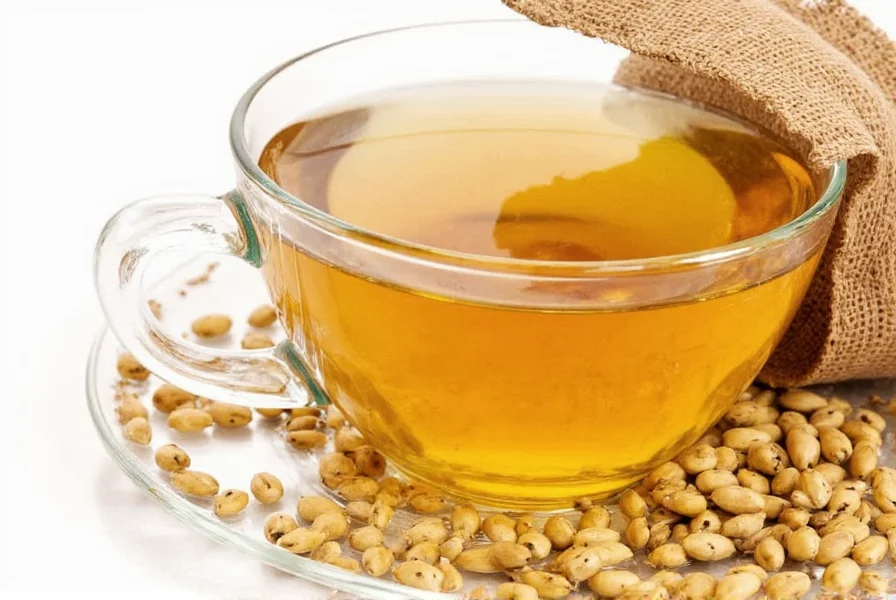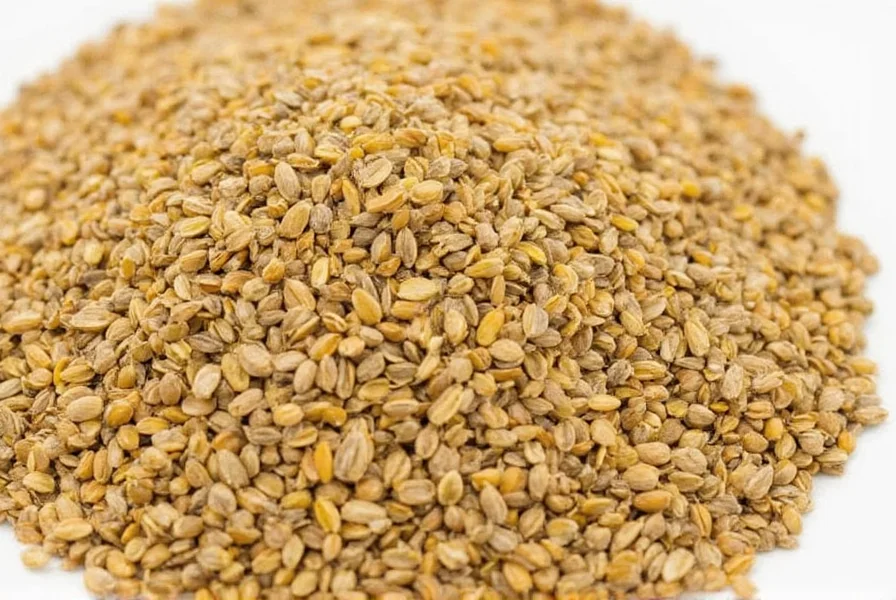Fenugreek tea, brewed from the seeds of Trigonella foenum-graecum, has been used in traditional medicine systems across Asia and the Mediterranean for centuries. Modern scientific research is increasingly validating many of these traditional uses, revealing specific mechanisms through which fenugreek compounds interact with human physiology. Unlike many herbal remedies that lack substantial research, fenugreek benefits are supported by multiple clinical studies, making it one of the better-documented medicinal herbs in contemporary phytotherapy.
What Exactly Is Fenugreek Tea?
Fenugreek tea comes from the small, golden-brown seeds of the fenugreek plant, a legume related to peas and clover. The seeds contain a distinctive maple-like aroma when crushed due to the compound sotolone. While fenugreek leaves are also used in cooking, the seeds contain higher concentrations of bioactive compounds responsible for the tea's health benefits. Properly prepared fenugreek tea should have a slightly bitter, nutty flavor with subtle maple undertones.

Scientifically Validated Health Benefits of Fenugreek Tea
Unlike many herbal remedies with limited research, fenugreek tea benefits have been examined in multiple clinical trials. Let's examine the evidence behind each potential benefit:
Blood Sugar Regulation and Diabetes Management
One of the most well-documented benefits of fenugreek tea relates to blood sugar control. Multiple studies, including a 2020 review published in Phytotherapy Research, found that fenugreek seed compounds significantly improve insulin sensitivity. The high fiber content, particularly galactomannan, slows carbohydrate digestion and glucose absorption. Research shows that consuming fenugreek tea regularly may reduce fasting blood glucose levels by 15-25% in people with type 2 diabetes.
Digestive Health Support
Fenugreek tea benefits for digestive health stem from its mucilage content, which forms a protective layer along the digestive tract. This soothing effect makes it particularly valuable for individuals with heartburn, gastritis, or mild ulcers. The fiber content also promotes regular bowel movements and may help alleviate both constipation and mild diarrhea. A 2019 study in the Journal of Ethnopharmacology demonstrated fenugreek's effectiveness in reducing symptoms of indigestion when consumed as a tea.
Lactation Enhancement for Breastfeeding Mothers
Among the most established fenugreek tea benefits is its ability to increase milk production in nursing mothers. Multiple clinical studies, including research published in the International Breastfeeding Journal, have documented significant increases in milk supply within 24-72 hours of regular consumption. The mechanism appears related to diosgenin, a compound that mimics estrogen and stimulates mammary tissue. Most lactation consultants recommend 2-3 cups daily for mothers experiencing low milk supply.
Anti-inflammatory and Pain-Relieving Properties
The anti-inflammatory effects of fenugreek tea come primarily from its flavonoid and polyphenol content. Research indicates these compounds inhibit inflammatory pathways similar to some non-steroidal anti-inflammatory drugs (NSAIDs), but with fewer side effects. A 2021 study in Inflammation Research found that regular fenugreek tea consumption reduced markers of inflammation in individuals with mild arthritis. Many users report reduced menstrual cramp severity with regular consumption.
| Benefit | Key Compounds | Scientific Support Level | Recommended Daily Intake |
|---|---|---|---|
| Blood Sugar Control | Galactomannan, 4-hydroxyisoleucine | Strong (Multiple RCTs) | 2-3 cups (1-2g seeds per cup) |
| Lactation Support | Diosgenin, Saponins | Strong (Clinical Studies) | 3 cups (2g seeds per cup) |
| Digestive Health | Mucilage, Fiber | Moderate (Preliminary Studies) | 1-2 cups (1-2g seeds per cup) |
| Anti-inflammatory Effects | Flavonoids, Polyphenols | Moderate (In Vitro & Animal Studies) | 2 cups (1.5g seeds per cup) |
Potential Side Effects and Important Considerations
While fenugreek tea benefits are substantial, it's crucial to understand potential side effects and contraindications. The most common adverse effects include:
- Gastrointestinal discomfort (nausea, diarrhea, or gas) at higher doses
- Maple syrup-like body odor due to sotolone excretion
- Potential hypoglycemia when combined with diabetes medications
- Rare allergic reactions, particularly in individuals sensitive to peanuts or chickpeas
Pregnant women should avoid therapeutic doses of fenugreek tea as it may stimulate uterine contractions. Individuals taking blood thinners should consult their physician before regular consumption due to potential interactions. The recommended safe daily intake ranges from 1-6 grams of fenugreek seeds, equivalent to 1-3 cups of properly prepared tea.
How to Prepare Fenugreek Tea for Maximum Benefits
To maximize the health benefits of fenugreek tea while minimizing potential bitterness:
- Use 1-2 grams (approximately 1 teaspoon) of whole fenugreek seeds per cup
- Lightly crush seeds to release compounds but avoid powdering them
- Pour 8 ounces of just-boiled water over the seeds
- Cover and steep for 5-7 minutes (longer steeping increases bitterness)
- Strain and add lemon or honey if desired (avoid excessive sweeteners)

For blood sugar management, consume 20-30 minutes before meals. Nursing mothers seeking lactation support should drink tea between feedings rather than immediately before to avoid overwhelming the baby with increased milk flow.
Conclusion: Weighing the Evidence on Fenugreek Tea Benefits
Fenugreek tea represents one of the better-researched herbal remedies with multiple scientifically supported health benefits. Its effects on blood sugar regulation, lactation support, and digestive health stand out as particularly well-documented. However, like any bioactive compound, it's not a miracle cure and works best as part of a comprehensive health approach. The quality of research varies across different claimed benefits, with stronger evidence for metabolic and lactation effects compared to other proposed uses. When prepared correctly and consumed within recommended limits, fenugreek tea offers a safe, natural option for addressing several common health concerns.











 浙公网安备
33010002000092号
浙公网安备
33010002000092号 浙B2-20120091-4
浙B2-20120091-4